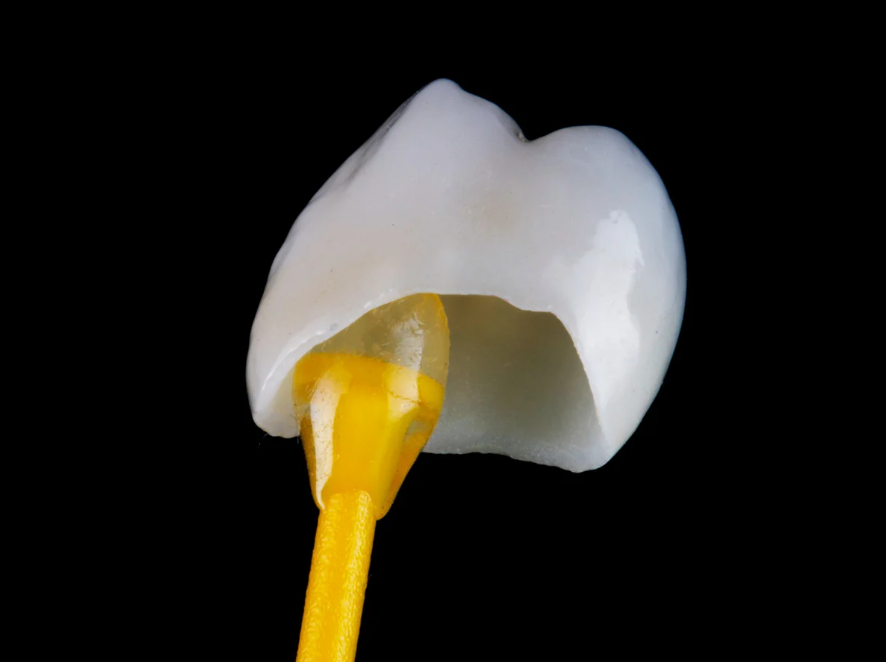
Severe Tooth Decay
One of the most common reasons patients may require a crown is extensive tooth decay. When a cavity is left untreated for too long, it can spread deeper into the tooth structure, compromising its strength and stability. A simple filling might not be enough to restore the tooth if a significant portion has been weakened. In such cases, a crown offers full coverage, protecting the tooth from further damage while restoring its natural function and appearance. If you have been dealing with persistent pain or discomfort when chewing, it may be a sign that a dental crown could be necessary. Seeking advice from a trusted professional who specializes in Dental Crown, Fairfax, VA ensures that the treatment option selected suits your specific needs.
Cracked or Fractured Teeth
Teeth are subjected to considerable pressure during daily activities, such as chewing, grinding, or clenching. Over time, this constant stress can cause cracks or fractures to develop. Even a small crack, if left untreated, can worsen and lead to infections or tooth loss. A crown acts like a protective cap, holding the tooth together and preventing the crack from spreading further. Patients often report increased sensitivity or sharp pain when biting down if a crack is present. By covering the affected tooth with a crown, dentists can restore strength and avoid further complications.
Large Fillings Causing Weakness
While fillings are effective for repairing cavities, larger fillings can leave a tooth structurally vulnerable. When more than half of a tooth has been restored with a filling, the remaining portion may not be strong enough to withstand normal biting pressure. This weakness increases the risk of the tooth breaking or chipping. Crowns provide an excellent solution by reinforcing the entire tooth surface, ensuring durability and long-lasting function. If you have had multiple fillings in the same tooth over the years, a crown may be the next step to prevent unexpected damage.
Root Canal Treated Tooth
A root canal procedure is an effective way to save an infected or severely decayed tooth. However, once the pulp inside the tooth is removed, the structure becomes brittle and more prone to fractures. To protect the treated tooth and restore its strength, dentists often recommend placing a crown immediately after the procedure. The crown acts as a barrier, preventing reinfection and allowing the tooth to function as naturally as possible. Patients who skip this step risk further complications that could lead to tooth extraction. Ensuring that the tooth is crowned post-treatment is a crucial step in maintaining long-term oral health.
Excessive Tooth Wear
Habits such as teeth grinding, clenching, or even biting on complex objects can gradually wear down the enamel. Over time, this excessive wear can make teeth shorter, weaker, and more susceptible to sensitivity or decay. A dental crown can rebuild the lost tooth structure, restoring proper bite alignment and preventing further wear. For individuals experiencing jaw discomfort or uneven teeth due to grinding, crowns not only restore appearance but also improve functionality. Protecting the teeth with crowns helps minimize further deterioration, thereby supporting overall oral health.
Naturadent, P.C. / DON KANG, DMD.
9508A Lee Hwy, Fairfax,
VA 22031, United States
+17036524265

















